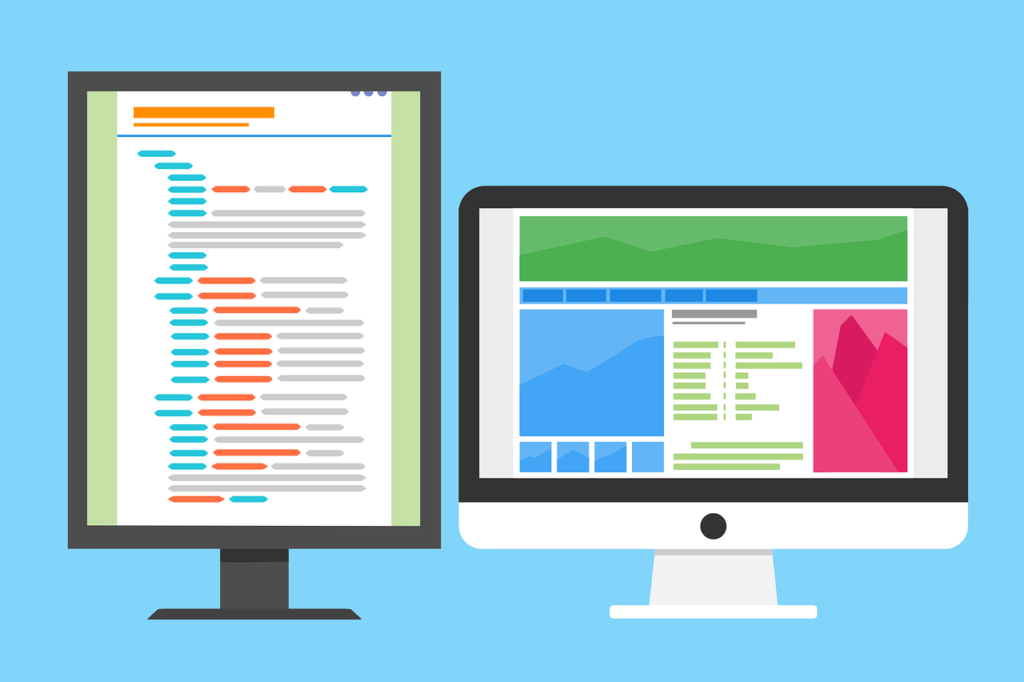
It’s easy to say that you want to learn a coding language or make a program or two but the hard part is always taking the first step.
That’s what this page is for! Here’s a little guide to help you begin your journey in learning to code whatever you wish. I’ll be using python as an example because its the most user friendly (to me anyway). Let’s begin:
The First Step
The first step is identifying what it is you want to learn and any goals you want to accomplish. There will be no drive to finish learning a skill if you have no desire to learn it. A goal can be career driven or just for personal interest but it’s always good to set a goal or expectation and go from there.
If you can’t think of one that’s okay too! Here’s a few to get you started:
- Make a program for something you do everyday- start with a simple function and go from there.
- Ask a friend for ideas about what is useful to make a program about.
- Search for project idea’s you want to make online.
It’s not a requirement but there is always a strategy of learning something with another person so you can hold each other accountable. Or set reasonable expectations for yourself if you are the self driven type. This can be a challenge as most who are just beginning will have no idea where to start, but that is what Google and Youtube are for!
The Basics
It’s always recommended to learn the basics of a coding language first, this will include:
- Variables and data types
- Operators
- Control flow (if, for, while loops)
- Functions
- Lists, tuples, dictionaries, sets
- Basic error handling
- Syntax
Then as you are learning you will want a code compiler to practice your coding and all the other basics so you can write actual programs. I recommend downloading Visual Studio Code to your computer because it’s my favorite but there are also a few code compiler websites online. The website I use is Codiva.io but there is many a site out there. Also, you’ll have to download Python or the programming language onto your computer if you download a compiler like VS code to actually use that language. If you have windows its probably in the Microsoft store or you can just go to python.org/downloads/ and it will detect your operating system.
The Programs
After learning the basics it’s time to then move on to creating programs. A few examples of beginning programs include:
- Make a simple calculator
- Make a GUI for converting Fahrenheit to Celsius
- Make a library with Object Oriented Programming
- Make an expense tracker
- Make a notetaking app
- Make a form for collecting information
If you run into problems while developing a program AI is a pretty good tool in my experience to troubleshoot any errors you may run into. Google has a pretty good AI Overview of syntax that is vague enough so you can learn instead of just copying. ChatGPT is very useful if you run into a specific error that you can’t debug no matter how hard you try. And there is many forums online that can answer more technical questions that maybe a simple AI can’t solve.
After learning how to code different and varied projects you then will have to code in the real world to solve real problems. Learn about the different libraries that for example Python has such as datetime and json. Then you can use that knowledge to create programs like a simple weather API or if you like gaming more maybe the code for a game. The possibilities are endless!
The Journeys Destination
Now after all of this learning and coding I’m sure you might wonder what all of this is useful for. Coding in general is very useful in learning how computers work. I won’t get into detail because that could be another page in an of itself but the basic principles still stand. In electricity they have gates that are and and or gates that determine how electricity flows to an outlet. This is comparable to how and functions work and or functions. Every website you look at online had a developer or multiple developers behind it. Simply turning on your computer would be impossible without the code that determines what happens when you press the power button.
Coding is the language of the internet and electronics that we can understand. And since the internet is the future- why shouldn’t you learn how to code?
“Learning to write programs stretches your mind, and helps you think better, creates a way of thinking about things that I think is helpful in all domains.” – Bill Gates, Microsoft co-founder
But in all seriousness, learning to code can help you think more logically. Once you learn to look at a problem like you are debugging a code then you will find that your way of thinking about problems might change.
If you are still a little lost how to start after reading this then I recommend you do what most people do nowadays when you don’t know something. Google a daily checklist or even ask ChatGPT what you should do to learn how to code. I did ask it some things as research for this and it was very helpful with all of the steps. And also, don’t stop at just one language. There’s many others out there all used for different things that are unique in their own ways. Never stop at one, and never stop learning!

